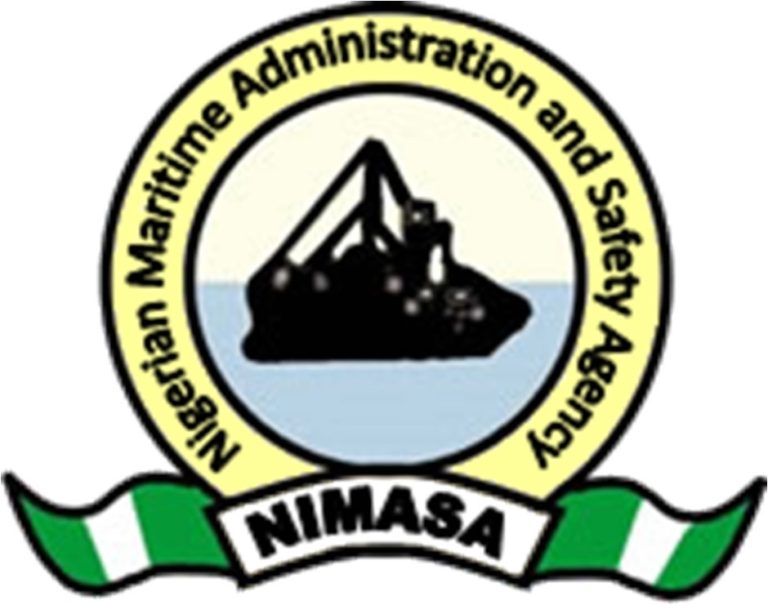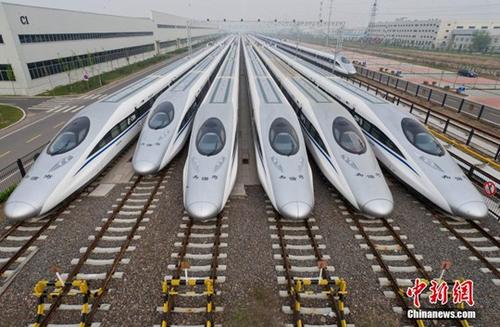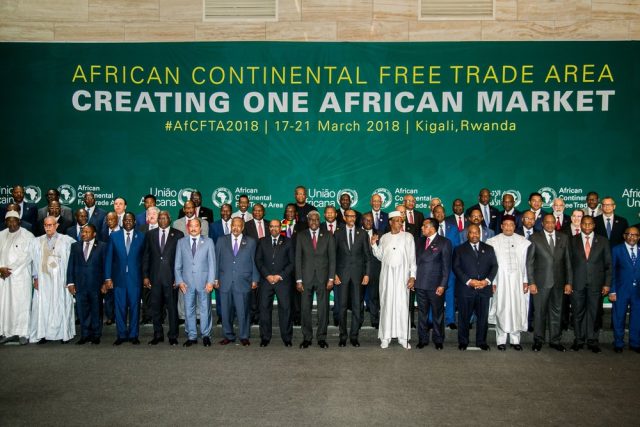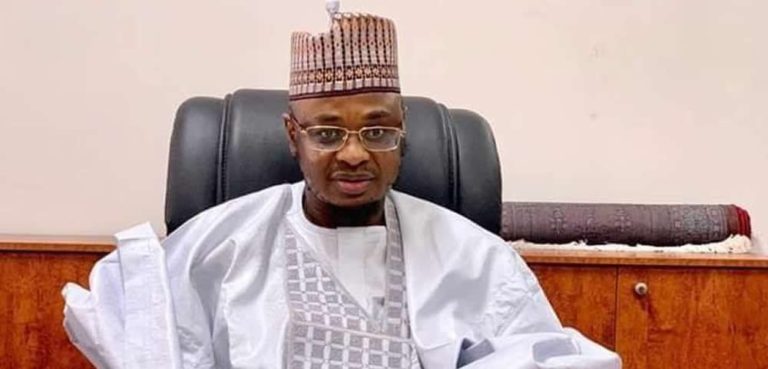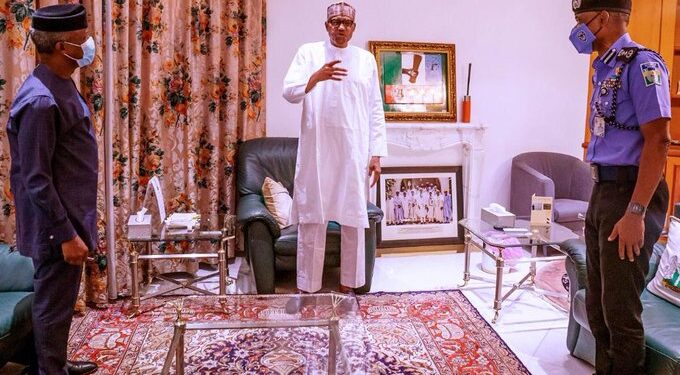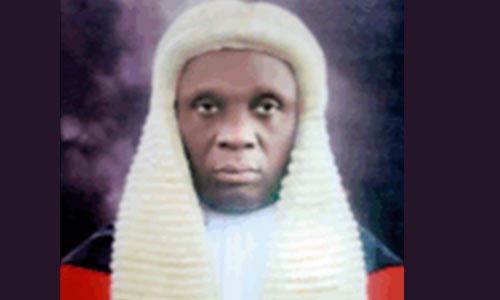The attempt to see all Bureaux De Change (BDCs) operators as weakest link in fight against illicit financial flow has been faulted by stakeholders.
The BDC sector has for decades, remained a critical component of the Nigerian financial market playing pivotal role in exchange rate stability and job creation. Erring BDC operators have severally been sanctioned by the Central Bank of Nigeria and Association of Bureaux De Change Operators of Nigeria in line with the industry’s zero tolerance for regulatory abuse. The BDCs have also supported Nigeria’s growth agenda and the CBN’s commitment to exchange rate stability, writes COLLINS NWEZE.
Corruption and illicit financial flows are twin evils that no right thinking individual, group or organisation should support. The impact of these societal malaise transcends over $30.4 billion lost by African economies and businesses annually. It has led to poor infrastructure and rise in insecurity.
That explains why the over 5000 Bureaux De Change (BDCs) and their umbrella body, the Association of Bureaux De Change Operators of Nigeria (ABCON) rejected in totality, attempt by certain segment of the economy to label BDCs as economic saboteurs and illicit forex traders.
Analysts insist that money laundering and illicit funds transfer are unwholesome practices that predate the coming of licensed BDCs. These illegal activities are so pervasive and widespread that every segment and all operators in the financial industry is vulnerable to their operations. That is why many prominent financial institutions including global banks, and investment firms have been found culpable in this respect.
Stakeholders have also backed the ongoing investigation of some corporate bodies and individuals by the Central Bank of Nigeria (CBN).
The apex bank under the Godwin Emefiele leadership has set up tough regulations and implemented several policies to tackle illicit financial flows. The regulators has also partnered with ABCON to tackle money laundering and ensure transparency in the financial market.

ABCON also believes that money laundering through the BDCs or any other financial institutions is unacceptable and those found wanting should be punished based on the law. The group supports the need to tighten and strictly enforce regulations in the foreign exchange market, with erring members sanctioned.
Besides, the CBN has been effective in regulating the BDC sector, hence ABCON and all registered BDCs take exception to the editorial for its outright lies and ignorance of the working of the financial system.
ABCON President, Aminu Gwadabe, said: “We also do not agree with those that insist that the CBN has been “inexcusably weak in enforcing its own rules”. He said the regulator has in the past, fined erring BDCs and insole extreme cases, withdrew their operating licenses.
Gwadabe said the resumption of dollar sales to BDCs has led to nearly N40 appreciation of the naira in the first week of the exercise, and saved the local currency from continued depreciation.
He said the CBN’s aim of easing pressure on supply and firming up the naira succeeded and will continue to be achieved with improved liquidity in the market.
“The N2 margin earned by BDCs from every dollar sold is barely enough to cover their operating costs and keep over 15,000 Nigerians employed by the sector, hence the assertion that BDCs business is one of the lucrative businesses in the country is wrong,” he stated.
Gwadabe also said that call from certain segments of the economy for a moratorium on licensing new BDCs is unacceptable as any new operator that meets the requirement for registration should be given the opportunity to operate.
THE NATION

